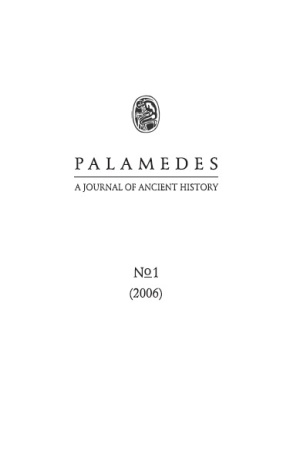CHRISTIANS AND THE PLAGUE IN THE 2nd CENTURY ASIA MINOR
CHRISTIANS AND THE PLAGUE IN THE 2nd CENTURY ASIA MINOR
Author(s): Andrzej Wypustek, Izabella DonkowSubject(s): History
Published by: Wydawnictwa Uniwersytetu Warszawskiego
Keywords: EARLY CHRISTIANITY; The Ephesian oracle; the Antonine plague;
Summary/Abstract: A striking passage in Acts recounts the story of rival magicians, the seven sons of the Jewish high priest Skevas, who failed when invoking Jesus’ and Paul’s names in their exorcism and of converts who publicly burned their magical books in Ephesus. Luke’s account has attracted much scholarly attention. That magic played a more dominant role in Ephesus than in any other ancient city and that Artemis was, to some extent, a goddess of magic is a theory put forward by some scholars, most notably by C.E. Arnold. His thesis has been subsequently criticized. One of the more charitable comments on Arnold’s interpretation of Ephesus as ‘a center for magical practices’ was made by H.R. Horsley, who argued that ‘we need not doubt that magic flourished there; but to argue, partly on the basis of the Ephesia grammata, that its presence at Ephesus was more marked than in other places seems to overstate the case; at best, it is unprovable.’ And indeed, although a number of incidents distinctively associate Ephesus with magic, there seems no reason to regard Ephesians as more superstitious than residents of any other Graeco-Roman community.
Journal: Palamedes: A Journal of Ancient History
- Issue Year: 2006
- Issue No: 1
- Page Range: 123-132
- Page Count: 10
- Language: English
- Content File-PDF

